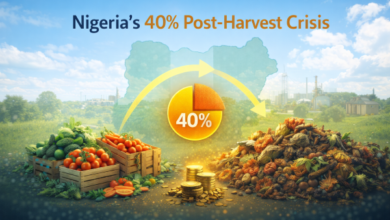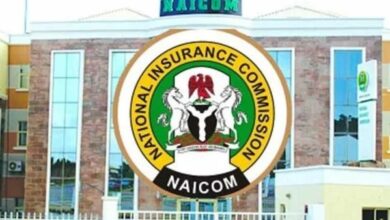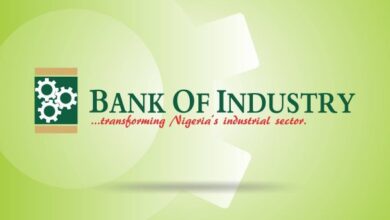NEWS
NASRDA staffers win big at global astronomy stage
 Two staffers of the National Space Research and Development Agency (NASRDA), had recorded a milestone in the discovery of Asteroid 2021-RZ190 in Africa.
Two staffers of the National Space Research and Development Agency (NASRDA), had recorded a milestone in the discovery of Asteroid 2021-RZ190 in Africa.Dr Felix Ale, Head Media and Corporate Communications of NASRDA, said this on Sunday in an interview with the News Agency of Nigeria (NAN) in Abuja.
The members of staff are Mrs Joy Olayiwola and Mr Uche Chukwu.
Ale said that they achieved the feat on the platform of Astronomy Without Borders (AWB), an astronomy association in NASRDA, but not limited to the agency.
AWB was founded to support the International Asteroid Search Campaign (IASC), with the aim of conducting worldwide ground and space-based surveys that were geared towards tracking and periodic studies of minor planet bodies.
The Asteriod 2021-RZ190 at its discovery was considered the most eccentric when compared to other discoveries by other African teams.
Olayiwola said that the Asteroid found was a Near-Earth Asteroid (NEA), which might pose a danger to other planets, especially Earth, ”if it veers off its orbit and mostly appear faint.”
According to her, leading astronomy bodies such as the International Astronomical Union (IAU), and the National Aeronautics and Space Administration (NASA), have surveys all around the world to track these asteroids.
“Most times, the sizes of these faint detections are small, relative to planets between one meter to one kilometer or even bigger.
“They are capable of hitting Earth and could cause destruction, if it veers off its course.
“For some regions, there might be earthquakes, hurricanes and tsunamis due to the increase in kinetic energy and if the asteroid is large enough, there could be global impact,” she said.
She further said that lots of data collected every day during the research which lasted for four weeks were made available by IAU to people who were passionate about space technology.
Olayiwola added that the images were later analysed and ”whatever is discovered is credited to the researcher.
”The discoverer also gets the privilege of naming the asteroid after seven to eight years from the discovery date.”
She recalled the discovery date was in Sept. 2021.
Olayiwola said that independent research from both renowned and amateur researchers were instrumental in supporting the international community, thereby helping to keep the planet safe.
“Relevant authorities should invest and encourage the development of space research, especially those with passion for Astronomy and Space Science.”
Mrs Olayinka Fagbemiro, Founder, AWB, said asteroids with provisional status were maintained in the Minor Planet Center database for many years, until there have been a sufficient number of observations to fully determine the orbit.
Fagbemiro added that the process typically takes six to ten years, at which point the asteroid is numbered and cataloged by the IAU.
According to her, numbered asteroids can be named by their citizen-scientist discoverers.
“AWB team had participated in the search for about two years now, the call for participation is sent out from time to time and we encourage STEM Teachers and students to participate.”
According to reports, eleven Nigerians had so far discovered three Asteroids in the history of space Astronomy.
An asteroid is a minor planet of the inner Solar System that varies in size and shapes significantly.
They range from one-meter rocks to a dwarf planet almost 1000 km in diameter and they are metallic or rocky bodies with no atmosphere.
(NAN)








